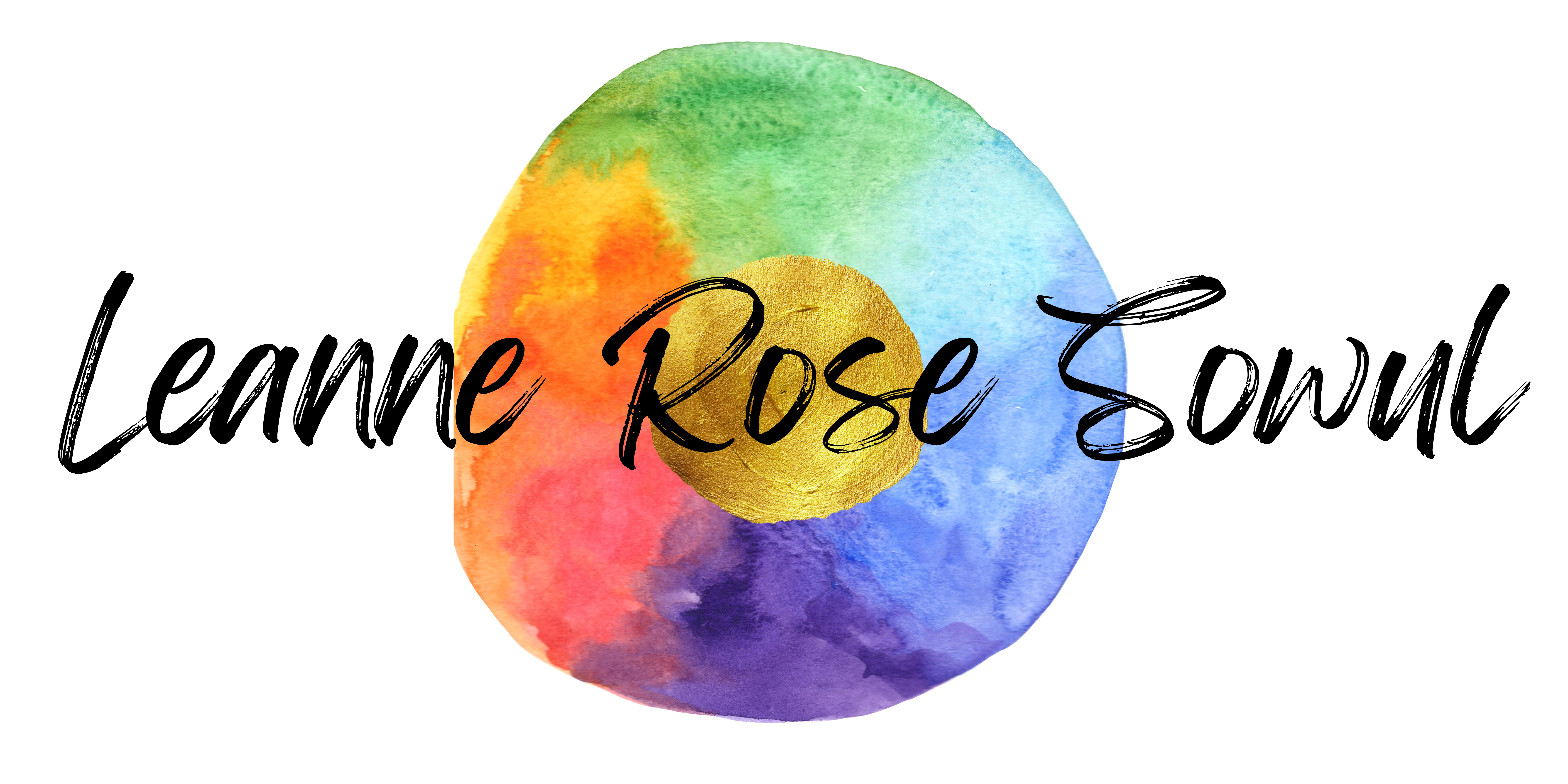Here’s what I’ve been reading in May!
 The book that was worth a great deal of time: The Valley Of Amazement by Amy Tan
The book that was worth a great deal of time: The Valley Of Amazement by Amy Tan
Synopsis: An epic novel, taking place in Shanghai, China (with flashbacks to San Francisco) about a young half- Chinese, half-American courtesan named Violet and her struggle to survive in a changing world.
Review: This book was very long, and I struggled to finish it before my two-week library loan ran out (why do they only give two weeks for e-books?). But it was worth it. Violet’s journey was thrilling, and each new phase in her life prompted further personal discovery and growth. What I liked best about the story was the depiction of many types of love: first love, true love, comfortable love, mistaken love, parental love, absent love, friendship love, and flawed love. The one part of the novel that made me uncomfortable was when Violet’s child was taken from her- I didn’t think her reaction was nearly strong enough.
 The book that never answered its own question: The Theory of Opposites by Allison Winn Scotch
The book that never answered its own question: The Theory of Opposites by Allison Winn Scotch
Synopsis: Willa’s father wrote the book on fate vs. free will- literally- and Willa has spent her life following his advice. When everything falls to pieces, her best friend Vanessa convinces her to try daring herself to change and make decisions against her fate-driven instincts.
Review: It was a reasonably interesting story, with a varied cast of characters, but it never answered the primary question for me: free will or fate? Do they each have their place, or do you need to choose one or the other? Allison Winn Scotch poses the question, but it’s never answered definitively in this book. Sure, Willa starts making her own choices and writing her own map, but she’s just replacing one belief system for another. I found it confusing and disappointing- I was looking for a strong opinion on this ultimate, unanswerable question, and I feel like I got stuck holding the ball.
 The book that answers questions you didn’t know to ask: Freakonomics by Steven Levitt and Stephen Dubner
The book that answers questions you didn’t know to ask: Freakonomics by Steven Levitt and Stephen Dubner
Synopsis: Economics meets sociology, morality and everything else you can think of; answers are found to questions you never thought of, and strong connections are made between seemingly random events.
Review: This was a re-read for me, because I was so excited about the mid-May release of Think Like A Freak, Dubner/Levitt’s third book (I’m in the middle of it now, so expect to see it reviewed in June). I love this book, and Superfreakonomics, and the podcast– I’m a definite Freak-head. If you’re fascinated by asking questions, by making connections, and by finding out that conventional wisdom got it wrong, these books are for you.
The expectations were too high for: The Hypnotist’s Love Story by Liane Moriarty
Synopsis: Ellen has helped hundreds of people lose weight, quit smoking and commit to love through hypnotherapy, but she’s never had a successful relationship. When she meets Patrick, a widower with an eight-year-old son, she thinks she’s hit the jackpot, but their relationship is shadowed by two ghosts: one dead, and one who is very much alive… and stalking them.
Review: This book had the right balance of action and introspection, with several dramatic twists brought on by Ellen and Patrick’s stalker, his ex-girlfriend Saskia. Saskia is a major voice in the story, and it was really fun seeing things from a stalker’s point of view. But I thought the ending was too pat, too easy, too happily-ever-after, and it didn’t stick with me as much as What Alice Forgot (which, in my opinion, is Moriarty’s masterpiece).
I also read How She Does It by Anne Bogel (of Modern Mrs. Darcy), a series of interviews interspersed with personal reflections on the many ways modern American women balance home and family; and a few Meg Cabot young adult novels, including How to Be Popular, a stand-alone book about a teenage girl who gains and loses popularity all in one week, thanks to a book she found in her step-grandmother’s attic. (I’m partly doing research on the YA novel I’m about to start writing- so excited!- but also, I just really like YA. And Meg Cabot.)
Two books I tried to read, but couldn’t finish, were Sharp Objects by Gillian Flynn (author of Gone Girl) and The Next America: Boomers, Millennials and the Next Generational Showdown by Paul Taylor. Sharp Objects was just too dark and bloody for my taste, and The Next America was too dry.
In June, stay tuned for Think Like A Freak and a whole bouquet of great summer reads!


I love the Freakonomics books too… have you read the newest one, Think Like a Freak? I read it last week and it was great… too short however!
I just finished it! You’re right, too short, and I missed the wealth of stories and fun connections from the other two books. But it definitely sparked my brain. I hope “thinking like a freak” becomes a universal compliment!